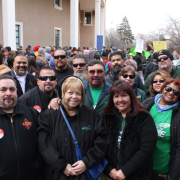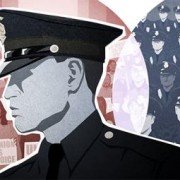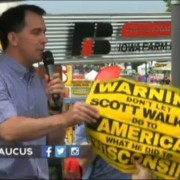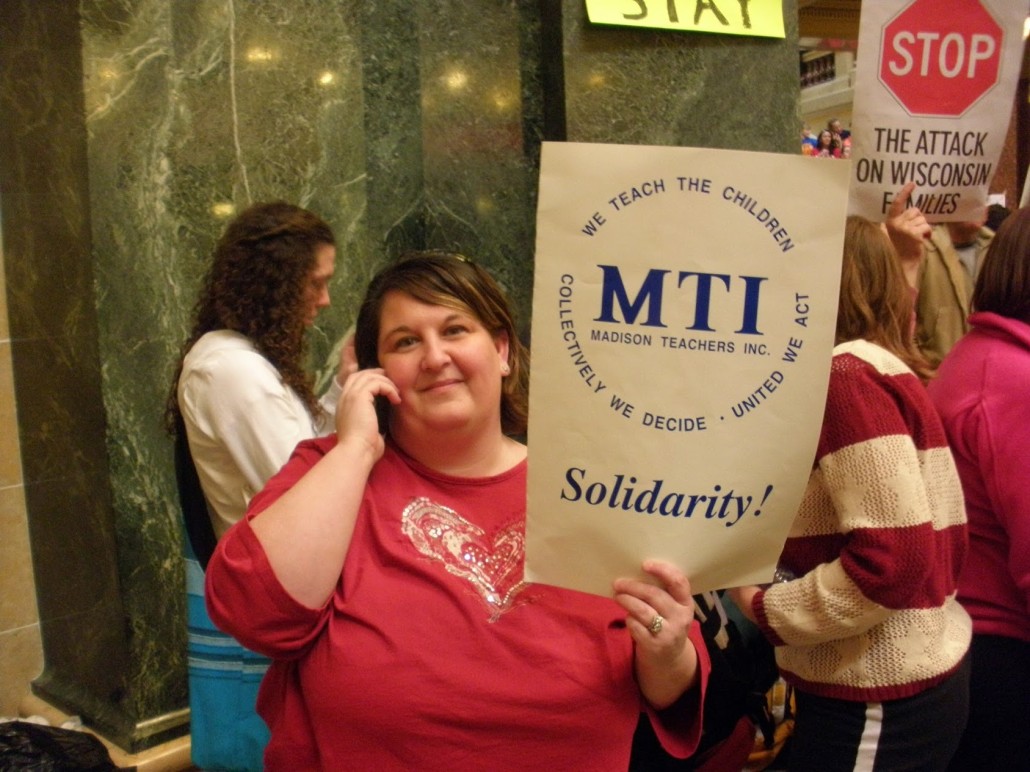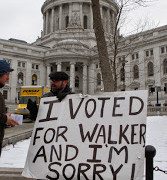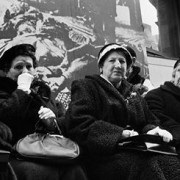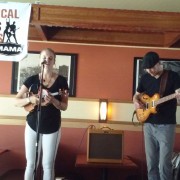KICKSTARTER CAMPAIGN – DAY 2
How is it that tens of thousands of protesters, over a hundred thousand on the week-ends, could not defeat the gutting of collective bargaining for state workers in Wisconsin? Divided We Fall takes a hard look at the 2011 Wisconsin Uprising to shed light on the successes and failures of this historic protest and prepare for future confrontations.
Make no mistake, the attack on collective bargaining is far from over. Collective bargaining allows workers, through their unions, a say in the terms and conditions of their employment and is recognized through international human rights conventions. But here in the US, measures intended to strip public employees of that right have been introduced in a dozen states around the country.
If you care about workers’ rights and want to learn from the Wisconsin experience, check out our fundraiser video here and head over to Kickstarter to support our film.
Even a small donation of $25 helps enormously – and gets you a thank-you in the film credits! If just 1,332 people give $25 we can complete our film and contribute to the surge in union activism around the country.
Thanks in advance! Solidarity!


